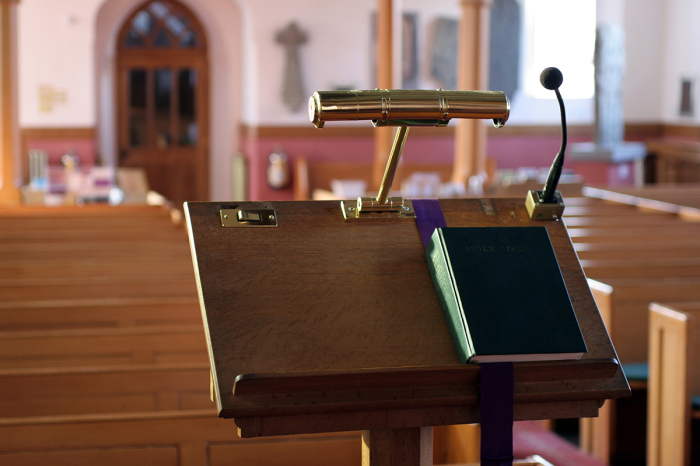
The Internal Revenue Service’s recent declaration that it will not prohibit churches and pastors from endorsing political candidates has drawn praise from both progressive and conservative Christians, while drawing the ire of secular legal organizations.
Named after former President Lyndon B. Johnson and passed in 1954, the Johnson Amendment has stirred fear in the hearts of religious leaders and institutions for decades that they could lose their 501(c)(3) tax-exempt status if they endorse specific candidates ahead of elections or engage in other types of political activity.
The amendment prohibits both houses of worship and other nonprofit institutions from raising money for political candidates.
Critics of the measure believed that it unfairly censored churches trying to comment on contemporary issues, while supporters say that it prevented houses of worship from becoming unhealthily entangled with partisan politics.
The IRS agreed on Monday, as part of a joint motion for consent judgment in a legal case challenging the Johnson Amendment, that pastors and other religious leaders can endorse political candidates to their congregations without threatening their tax-exempt status.
“To ‘participate’ in a political campaign is ‘to take part’ in the political campaign, and to ‘intervene’ in a political campaign is ‘to interfere with the outcome or course’ of the political campaign,” the motion reads.
“Bona fide communications internal to a house of worship, between the house of worship and its congregation, in connection with religious services, do neither of those things, any more than does a family discussion concerning candidates.”
While supporters say the move “unshackles” pulpits from unfair speech restrictions, critics believe it opens the door for “dark money” to influence elections. The following pages highlight seven diverse reactions to the filing.















